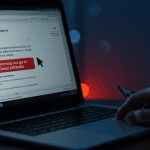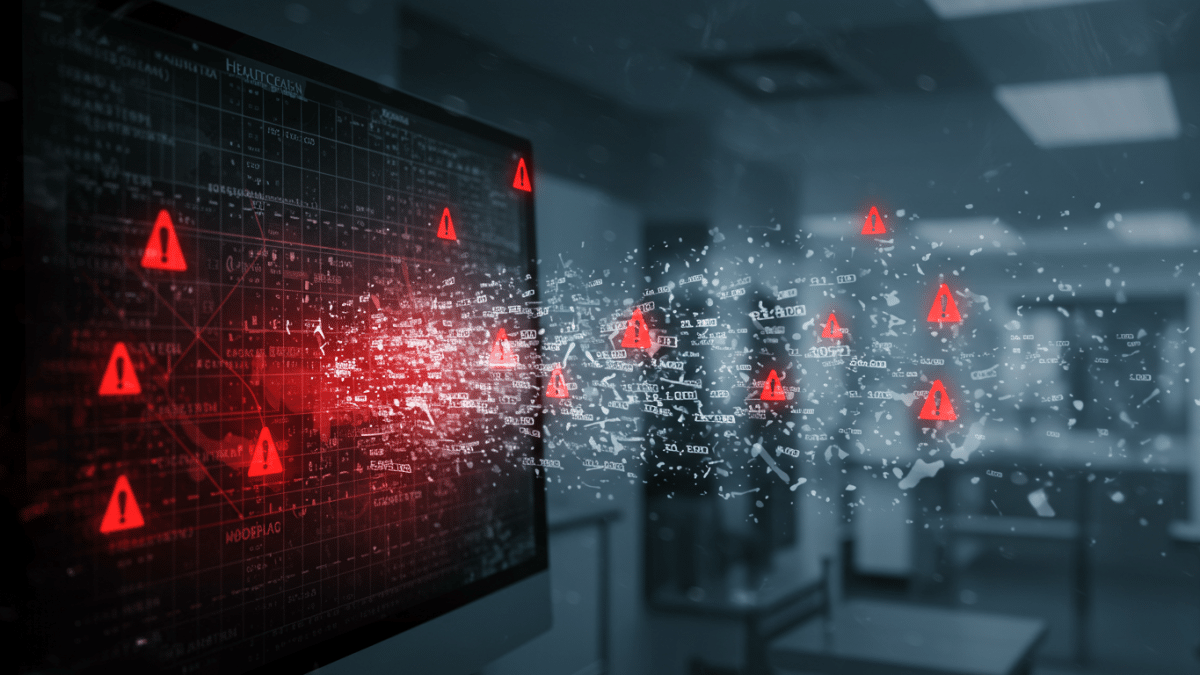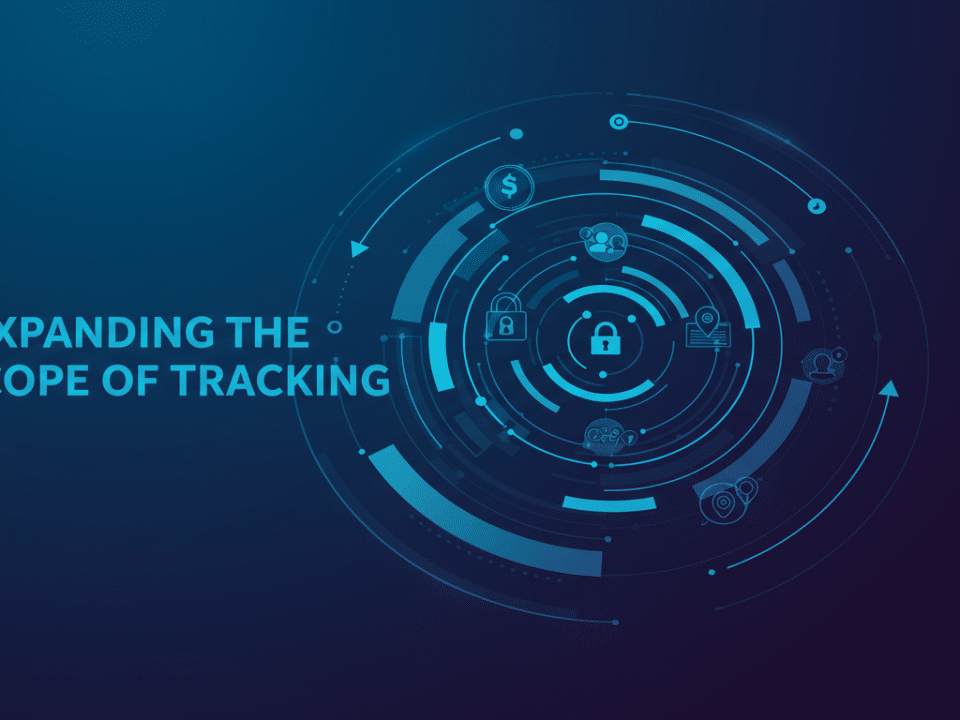
Most Sophisticated Gmail Attacks Ever—FBI Says: Do Not Click Anything!
February 9, 2025
Critical Password Warning—2.8 Million Devices Used In New Hack Attack: Are You Protected?
February 11, 2025The news recently broke about a significant data breach affecting a healthcare organization, exposing the sensitive information of over 1 million Americans. These breaches, unfortunately, are becoming increasingly common, and it’s crucial to understand the details of this specific incident, its impact, and, most importantly, what steps you can take to protect yourself. At Krypto IT, we’re committed to helping you navigate the complex world of cybersecurity and safeguard your valuable data.
What Happened?
While specific details about the healthcare organization involved may still be under investigation or withheld for legal reasons, the core issue remains the same: unauthorized access to sensitive data. These breaches can occur through various methods, including:
- Hacking: Cybercriminals exploit vulnerabilities in a system’s security to gain entry and steal data. This can involve malware, phishing attacks, or exploiting software flaws.
- Ransomware: Attackers encrypt critical data and demand a ransom payment for its release. Often, they will also threaten to publish the stolen data if their demands are not met.
- Insider Threat: In some cases, breaches are caused by malicious or negligent employees or contractors with access to sensitive information.
- Phishing: Deceptive emails or messages trick individuals into revealing login credentials or other sensitive information.
- Physical Theft: While less common in the digital age, physical theft of devices containing unencrypted data can still occur.
The recent breach impacting over 1 million individuals likely involved one or more of these attack vectors. It highlights the persistent and evolving threat landscape facing healthcare organizations and the critical importance of robust cybersecurity measures.
Who Was Affected?
The individuals affected by this breach are patients of the healthcare organization involved. This means that anyone who received care from this organization could potentially be impacted. The scale of the breach, affecting over a million people, underscores the widespread impact such incidents can have.
What Information Was Exposed?
The type of information exposed in healthcare data breaches can be particularly sensitive and damaging. In this instance, it is likely that the exposed data includes:
- Protected Health Information (PHI): This includes medical history, diagnoses, treatment information, prescriptions, and other details about an individual’s health.
- Personally Identifiable Information (PII): This encompasses names, addresses, Social Security numbers, dates of birth, insurance information, and other data that can be used to identify an individual.
- Financial Information: In some cases, billing information and payment details may also be compromised.
The combination of PHI and PII makes this type of data breach particularly concerning, as it can lead to identity theft, financial fraud, and other serious consequences. Stolen medical information can be used to create fake IDs, obtain medical services under false pretenses, or even blackmail individuals.
What Can You Do to Protect Yourself?
While you can’t undo the breach, you can take steps to mitigate the potential damage and protect yourself from future incidents:
- Monitor Your Credit Reports: Regularly check your credit reports for any suspicious activity. You can obtain free credit reports from the three major credit bureaus (Equifax, Experian, and TransUnion) annually.
- Place a Fraud Alert or Credit Freeze: If you suspect your information has been compromised, consider placing a fraud alert on your credit report or freezing your credit. This can make it more difficult for criminals to open new accounts in your name.
- Be Wary of Phishing Emails and Calls: Be extremely cautious of any unsolicited emails or phone calls asking for personal information. Legitimate organizations will rarely ask for sensitive information via email or phone.
- Strengthen Your Passwords: Use strong, unique passwords for all your online accounts, especially those related to healthcare and finance. Consider using a password manager to help you generate and store secure passwords.
- Enable Two-Factor Authentication (2FA): Whenever possible, enable 2FA for your online accounts. This adds an extra layer of security by requiring a second form of verification, such as a code sent to your phone, in addition to your password.
- Monitor Your Explanation of Benefits (EOB) Statements: Carefully review your EOB statements from your insurance provider to ensure that the services listed were actually received. Report any discrepancies immediately.
- Update Your Software: Keep your computer’s operating system, antivirus software, and other applications up to date. Software updates often include security patches that address known vulnerabilities.
- Be Proactive About Your Security: Don’t wait for a data breach to happen before taking action. Implement strong security practices now to protect your information.
Krypto IT: Your Cybersecurity Partner
Data breaches like this are a stark reminder of the importance of robust cybersecurity measures. At Krypto IT, we specialize in helping businesses and individuals protect their valuable data. We offer a range of services, including security assessments, penetration testing, vulnerability management, and incident response planning.
Concerned about your cybersecurity? Contact us today for a free consultation. We can help you assess your current security posture and develop a comprehensive plan to protect your data. Don’t wait until it’s too late – take action now to safeguard your sensitive information.
#DataBreach #Cybersecurity #HealthcareSecurity #HIPAA #PHI #PII #IdentityTheft #DataProtection #InfoSec #CyberAttack #KryptoIT #FreeConsultation




